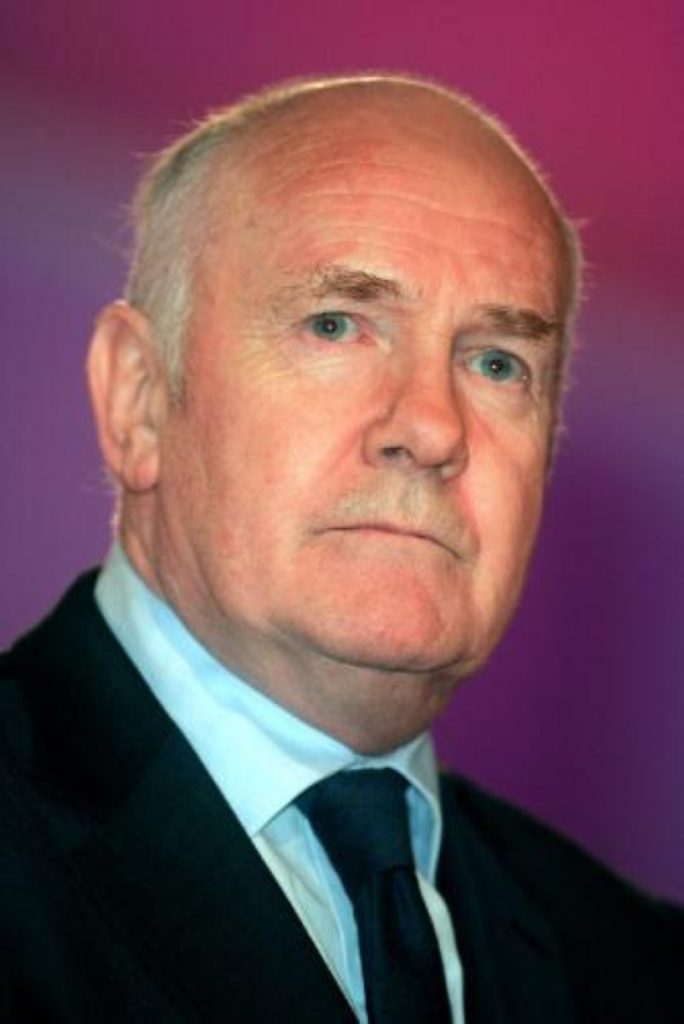Drop in MRSA levels
According to new official figures the rates of the antibiotic-resistant MRSA infection in England are at their lowest level since mandatory records began in 2001.
From April to September 2004, 3,519 NHS patients were infected with the antibiotic-resistant bug, compared to 3,940 in the previous six months and 3,598 in the same period of 2001, the Health Protection Agency claims.
Data from the Office for National Statistics suggests that the number of deaths linked to MRSA doubled in four years between 1999 and 2003. The superbug is one of the most deadly infections in UK hospitals and kills about 1,000 patients a year.
Today’s figures cover the period after the introduction of Government initiatives designed to combat MRSA, including campaigns to promote hand-washing, putting matrons in charge of wards and introducing new equipment-cleaning techniques.


Health Secretary John Reid welcomed the figures and announced new initiatives to tackle the bug, including a rapid swab technique to identify patients coming into hospitals with MRSA within two hours “rather than days”.
“No stone is being left unturned in the battle against the superbug,” he said.
“We are improving cleaning standards, piloting the latest science, rolling out ‘clean your hands’ and making sure infection control is a fully staffed priority for every NHS trust.”
In addition, he said that the HPA would be publishing MRSA statistics every six months from now on.
But the Conservatives accused the Government of “pre-election trickery”.
Shadow Health Secretary Andrew Lansley said: “Blair’s Government has failed to make clean hospitals a priority. Suddenly, a few months before a likely election and eight years after no action, we get flawed figures that smack of pre-election trickery”
He added: “Today’s statistics fail to provide a full and rounded picture. The figure does not include the winter months, when MRSA rates are usually higher. It only includes bloodstream infections, not other ways in which MRSA is contracted, e.g. through open wounds during surgery.”
And Paul Burstow, the Liberal Democrats health spokesman said that the Government should not see these figures as an indication the tide has turned.
Mr Burstow, said: “It is good news that the rate of MRSA infections are falling, but Ministers would be wise not to see this as the turning of the tide.
“The figures the Government is collecting are not telling the whole story. The Government must collect and publish the facts about the true level of infection in the NHS. But reporting on MRSA helps only if it gives patients useful information and helps doctors and nurses to learn and change the way they work.”
He said it was a ‘scandal’ that ministers do not know how many isolation rooms there are in the NHS and called for an urgent audit of current provision and future plans.

